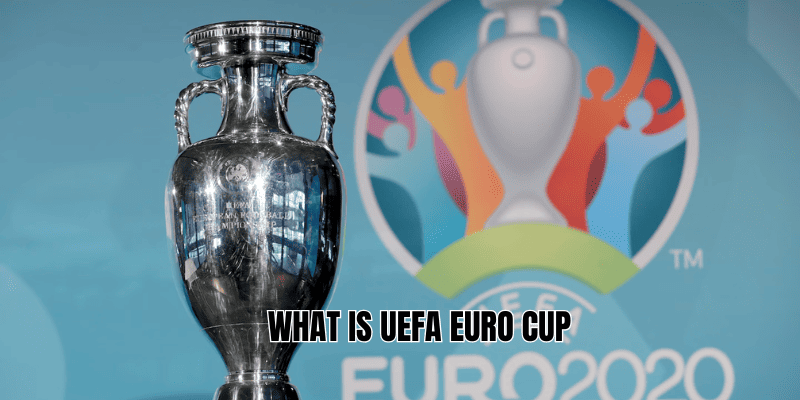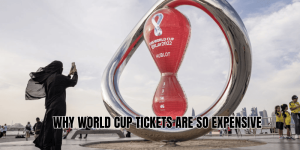In this article, CicloKick will take you deep into what is uefa euro cup — its roots, format, legends, records, and what makes it one of the most thrilling tournaments in world football. Whether you know bits and pieces or want the full picture, by the end you’ll understand why fans live for the Euros.
What is the UEFA Euro Cup: A Brief Definition
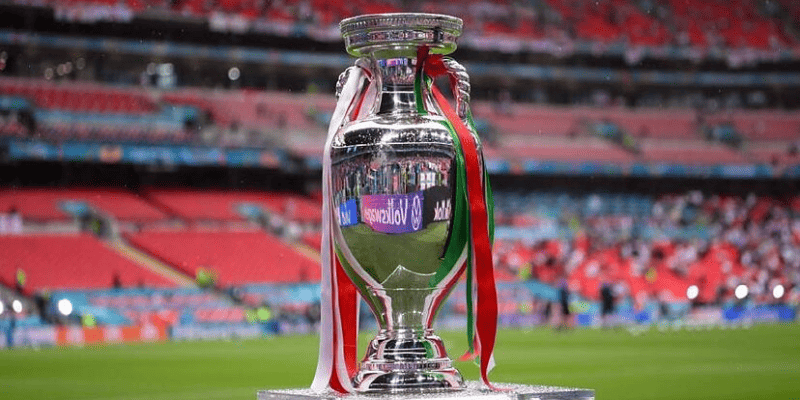
The UEFA European Championship, often called the Euros or Euro Cup, is the premier tournament for men’s national teams in Europe, organized by UEFA. It runs every four years and determines the continental champion among UEFA member nations. The tournament brings together top European teams in a battle of skill, strategy, passion, and national pride.
Here are the essentials:
- Began in 1960 (originally called the European Nations’ Cup). edia)
- Held every four years; even-numbered years between FIFA World Cups.
- Over time, expanded from 4 teams in the finals to 24 teams.
How Euro Cup Works: Format, Qualification, and Finals
The Euros aren’t just exciting because of the skills on display — the structure and format add to the tension, surprises, and drama.
Qualification Phase
Before the main tournament:
- All UEFA member countries enter qualifiers (except host(s), who often qualify automatically) to fight for places in the finals.
- The qualifiers involve group stages and sometimes playoff rounds. Performance in those determines who goes to the final tournament.
Final Tournament: Group Stage + Knockouts
In the finals:
- 24 teams compete (since Euro 2016).
- They are split into groups (often six groups of four). Each team plays others in its group. Top teams and some of the best third-placed teams advance.
- After groups, it becomes single-elimination: Round of 16 → Quarterfinals → Semifinals → Final. Extra time and penalties decide matches that can’t be settled in 90 minutes.
Trophy, Records, and Highlights
- The trophy is the Henri Delaunay Trophy, named for the first Secretary General of UEFA, who first proposed the idea of a European championship.
- Spain holds the record for most Euro titles (four). Germany has won three. France and Italy have won two each.
- At Euro 2024, Spain claimed their fourth title by beating England 2-1 in the final.
History And Evolution:
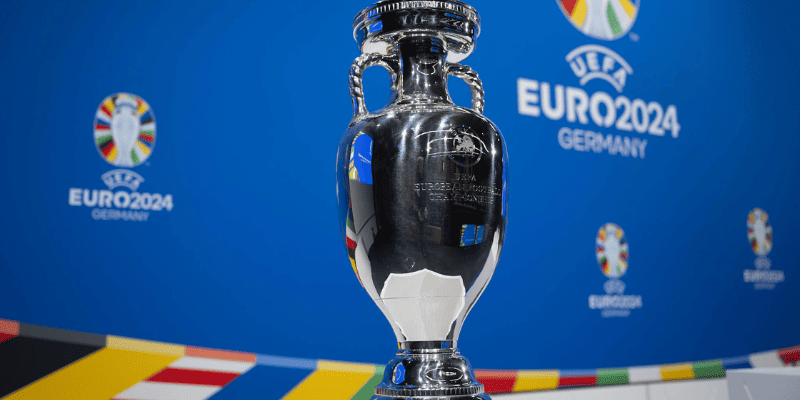
- 1960: The first tournament with only four teams in the finals.
- 1980: Expanded to eight teams.
- 1996: Expanded to sixteen.
- 2016: Expanded again to 24 teams; more drama, more surprise performances.
Many memorable moments have become part of football folklore:
- Greece’s shock win in 2004.
- Spain’s dominant era (2008 & 2012 back-to-back).
- Italy’s win in 2021 (Euro 2020 postponed due to COVID-19) after a dramatic final.
Why It’s So Popular And What Sets It Apart
What makes the Euro Cup more than just another championship:
- National pride at its peak — representing your country, not a club. Fans connect deeply.
- Unpredictability — underdogs often deliver. Chance for surprises.
- Four-year cycle makes each edition special: build-ups, qualifying drama, long gaps between tournaments.
- Rich history and legends — names like Platini, Van Basten, Cristiano Ronaldo, Xavi, Iniesta rise here, leaving legacies.
- Media reach & viewership — one of the most watched tournaments globally, second only to World Cup.
Key Records And Recent Highlights
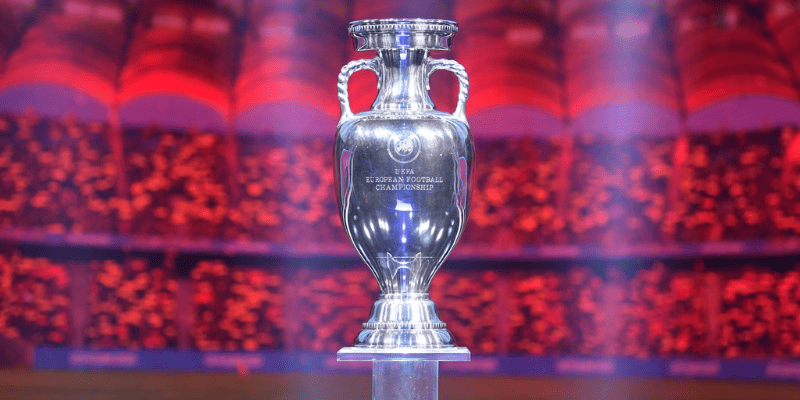
- Most titles: Spain with four.
- Germany has three. France and Italy two. Others like Portugal, Denmark, Netherlands, Greece, Soviet Union, Czechoslovakia have one each.
- In Euro 2024:
- Champion: Spain
- Runner-up: England
- Total goals, standout players and top scorer stats made headlines. Spain also became first team to win all group matches in two separate Euro tournaments.
How the Euro Cup Affects Players, Clubs, Nations
- Players’ careers are often defined by their performances in European Championships. Great moments here become part of their legend.
- National pride and unity: victory often means more than trophies — e.g. national morale, identity, legacy.
- Scouting & transfer value: A player who shines at a Euro often finds themselves on big-club radars, increases in value.
- For smaller or less famous footballing nations: reaching knockouts or pulling off upsets can boost domestic football, infrastructure, interest.
Criticisms And Challenges
While prestigious, the Euros aren’t without issues:
- Scheduling congestion: how the Euros fit around club seasons, other tournaments and qualifiers.
- Format debates: is 24 teams too many? Does it dilute quality? Some fans prefer older formats.
- Hosting concerns: infrastructure, travel, logistics — co-hosting adds complexity.
- Unequal exposure: big nations get more media attention. Smaller nations sometimes feel overshadowed.
UEFA has tried to address many of these, but the discussions continue.
What’s Next For The Euro Cup
- The upcoming Euro 2028 will be co-hosted by England, Scotland, Wales, and the Republic of Ireland.
- UEFA continues to tweak formats, qualification processes to balance competitiveness and enjoyment.
- Rising stars from recent tournaments (young players breaking through) will likely have big roles.
Conclusion
What is uefa euro cup? It’s Europe’s crown in national team football: a four-year battle where history, passion, and skill collide under the banner of unity and rivalry. It offers unforgettable moments, record-breaking performances, and stories fans carry for a lifetime. For CicloKick, breaking down the Euros means celebrating the game at its most human and inspiring edge.
If you want, CicloKick can next share a squad guide for Euro 2028, or a list of the greatest Euro moments ever — up to you. What would you prefer?

